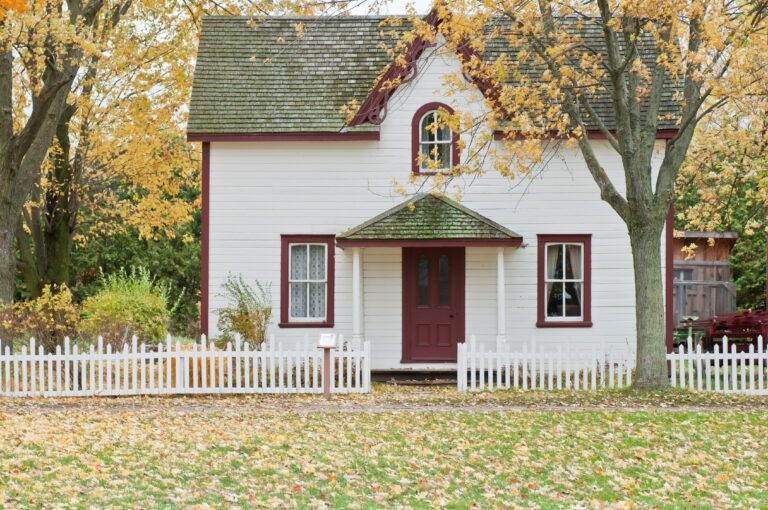
What Should We Do with an Inherited Home?
Inheriting a house with siblings can raise some financial issues about what it means for each of you. Let’s look at some options for handling this situation and possible responses to any differences of opinion that may emerge.
NASDAQ’s recent article, “What to Do When Inheriting a House With Siblings,” says that consulting with an estate planning attorney can help untangle some of the sticky issues that can arise when a home is left to multiple people.
Several siblings can inherit the same piece of property, and when siblings inherit a home, everyone’s typically entitled to an equal share of the property. So, there are a few essential things you might need to do, including:
- Putting the utility services in your or your siblings’ names;
- Contacting the post office to have your parents’ mail forwarded to your address;
- Going through your parents’ belongings;
- Taking care of any necessary maintenance or repairs;
- Updating payment information for the home’s insurance policy; and
- Paying any outstanding charges associated with the home, such as HOA fees or property taxes.
After that, here’s what you might consider doing with the inherited property.
Sell. Selling is an obvious choice if neither you nor your siblings plan to live in it. Sell the home and divide the proceeds.
Buyout. If a sibling is reluctant to sell or your parents’ wills bar you from selling, you could try to work out a buyout. In that scenario, one sibling would maintain ownership of the home and pay the others an amount equal to what their share of the home is worth. Getting the home professionally appraised to determine its value is a good idea.
Renting. A third option is to rent out the home. The upside of this option is collectively sharing in the rental income from the property. This might make sense if you think you might revisit the issue of selling or a buyout in the future or if you’re obligated to keep the home in the family. If you go this route, you and your siblings will need to decide how maintenance and rent collection will be handled, and it might make sense to agree to hire a property management company to help.
Reference: NASDAQ (April 12, 2023) “What to Do When Inheriting a House With Siblings”

